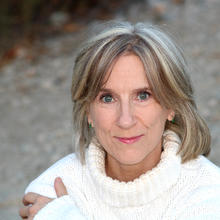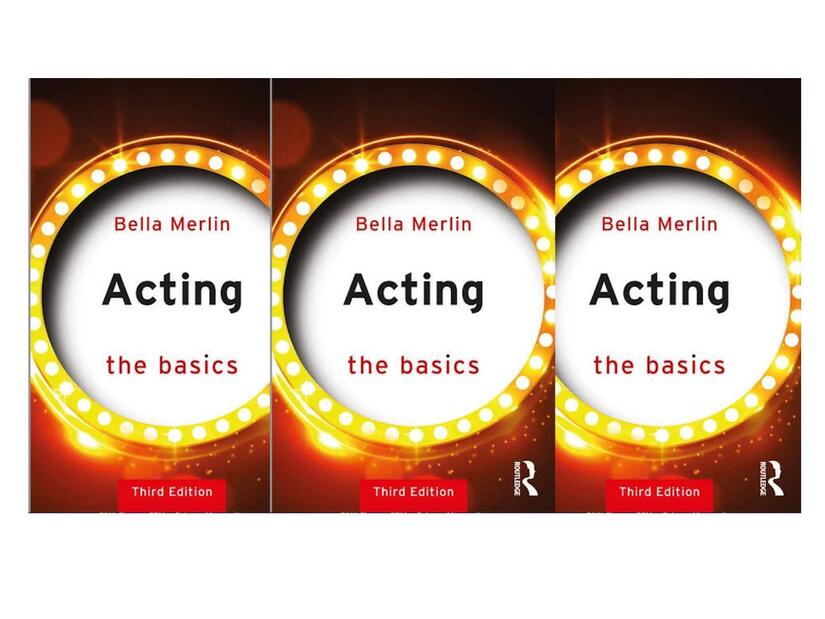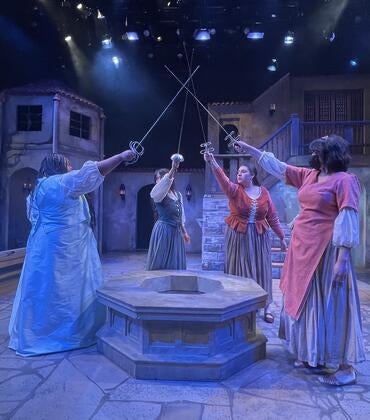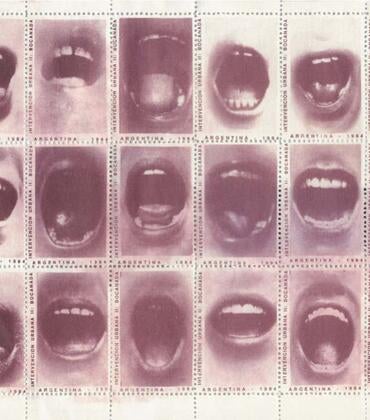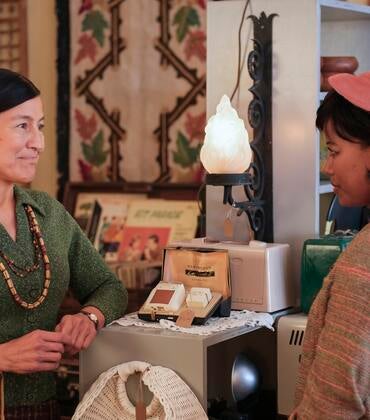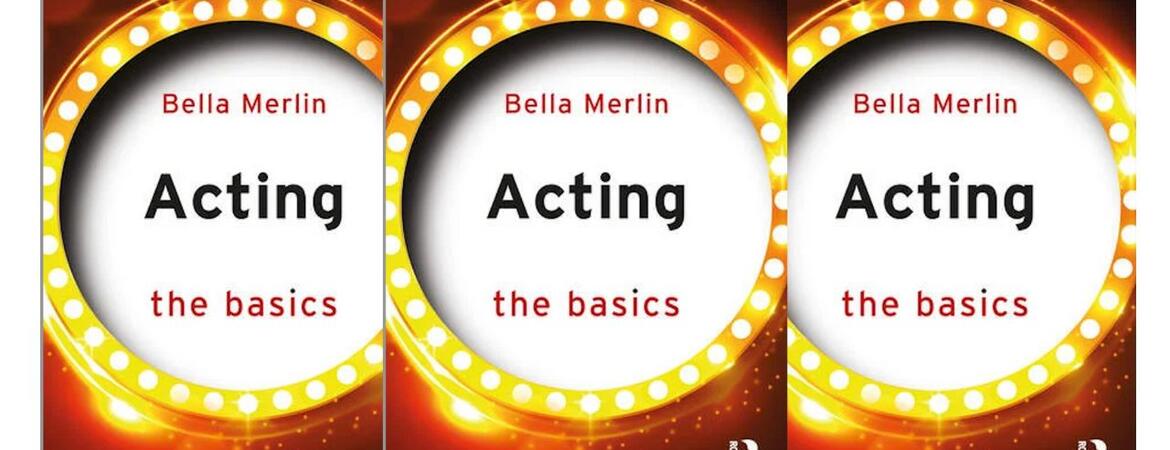
Theatre performance is charged with culture and history.
Images of acting can be traced to 13,000 BCE in the Trois-Frères caves in France where a depiction of a man dressed as a horned animal is considered a “picture” of the first actor. Making those historical connections to today’s modern actors — and virtual world — is reflected in the overhauled third edition of “Acting: The Basics” (Routledge, 2023) by Bella Merlin, professor of theatre, film, and digital production at the University of California, Riverside. The book is available Dec. 19, 2023.
“Although this is a third edition, it's a vastly overhauled version of an already successful book and now intentionally focusing on inclusion, diversity, equity, and accessibility, in response to changes in the industry and in society over the last few years,” said Merlin, who has been acting for over 30 years. “It also includes strategies for online acting and intimacy protocols. My dream is that it becomes something of a ‘go-to’ book on acting courses across the globe, where the first and second editions have been extensively used.”
The idea to update “Acting: The Basics” compounded over the years, Merlin said. The first notion came in 2016 when she led a collaborative partnership between UCR and the Stanislavsky Research Center, based at the University of Leeds in the United Kingdom. The partnership resulted in “The S Word,” a series of international events intended to spark inquiry and debate around the Stanislavsky’s acting methods in 21st century acting. “The S Word” focuses on Konstantin Stanislavsky, a Russian actor, director, producer, and founder of the Moscow Art Theatre. He is known for developing the practice and theory of acting called the Stanislavsky system.
During the COVID pandemic and after, theatre performances and experiences pivoted to questions on race, equity, accessibility, and more. During an “The S Word” panel, titled “Stanislavsky and Race,” Merlin understood that she needed to rewrite her book to make it more relevant.
This third edition also includes strategies for online acting and choreographed scenes of intimacy (family, friendship, romantic or sexual). Merlin also includes new case studies, including for stars such as Viola Davis, the only Black actress to have earned an Emmy, a Grammy, an Oscar, and a Tony, or EGOT, and the late Peter Brooks, a director whose intercultural work transformed contemporary theatre-making.
“With each edition, the books have become less and less Eurocentric,” said Merlin, whose work integrates the academy and the industry through screen and stage. Her areas of practice-based research include acting processes, fact-based drama, song-and-story, Stanislavsky, and Shakespeare.
“I have learned so much about acting through teaching our UC Riverside students,” said Merlin, who was recently nominated for two awards for her performance in “Henry VI Part 2” with Shakespeare & Company in Lenox, Massachusetts. “I have learned so much from my students too. I learned the necessity of a safe space in which feelings are validated. The number one thing about being an actor is validating feelings. I am not sure I could have written this third edition had I not been teaching at this institution.”
Merlin hopes theatre professors, teachers, students, and actors use the book to understand that “intercultural dialogue is the only way forward. Cultural silos feel increasingly problematic in our world.”
The book reminds readers that acting is an organic process, that creating a character is the same process for television, film, or theatre; the main thing that changes is the delivery form.
“The book offers behind-the-scenes understanding of how stories are crafted in the live and recorded media. It has very practical hands-on techniques, understanding of what is in the frame, but also reminds us that it is innate in human experience to want to make sense of our world,” Merlin said. “We’ve been telling stories since we lived in caves. I want the reader to feel the embodied nature of acting, and to say ‘Wow, there’s a lot to this thing called acting.’ It’s a beautiful art form.”
